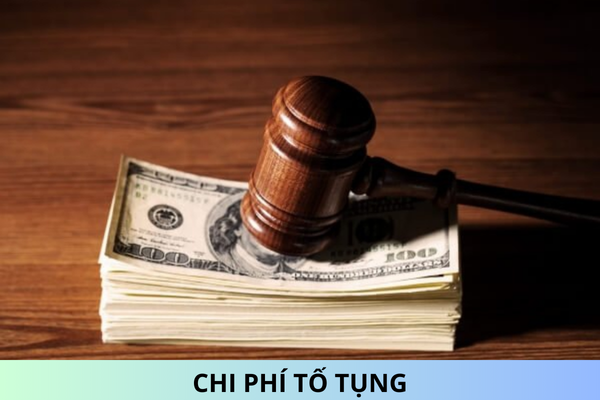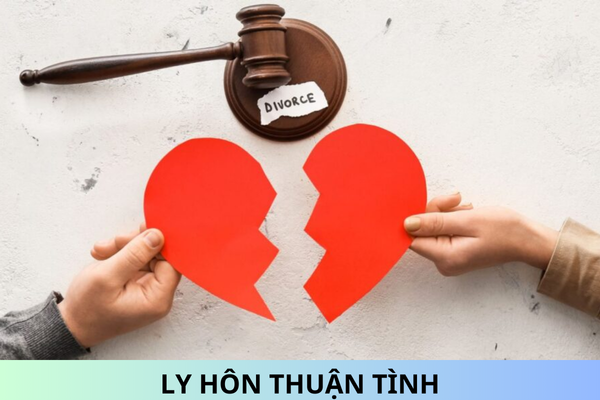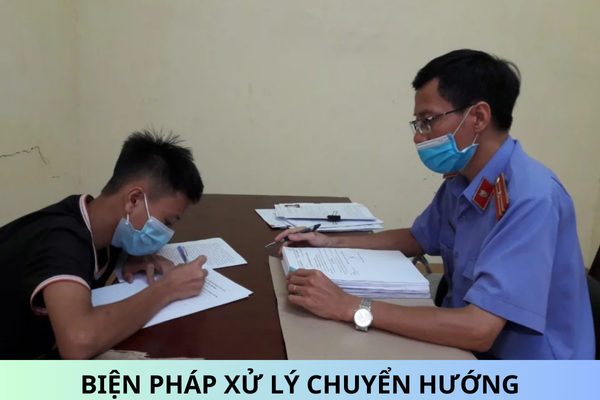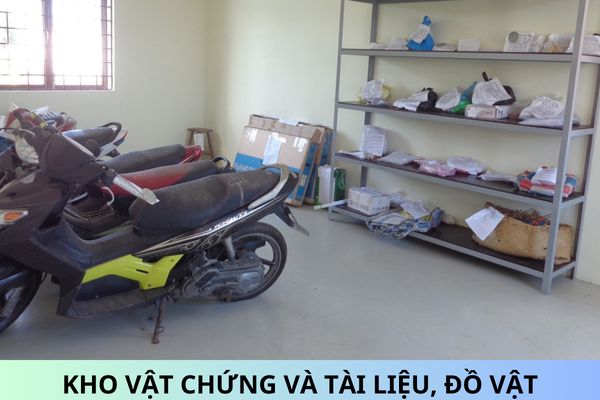In Vietnam, will the judgment of a criminal case tried in private be published on the court's web portal?
In Vietnam, will the judgment of a criminal case tried in private be published on the court's web portal?
According to Article 4 of Resolution 03/2017/NQ-HDTP, the regulations on judgments and decisions not published on the Court's web portal in Vietnam are as follows:
1. Judgments and decisions in cases tried privately by the Court.
2. Judgments and decisions in cases tried and settled publicly by the Court but fall into one of the following cases:
a) Contain contents classified as state secrets according to the regulations of the Government of Vietnam or contain contents not yet announced by the State, and if leaked, would be detrimental to the Socialist Republic of Vietnam;
b) Contain information about financial investment activities, undisclosed business secrets or technologies that can be used to gain a business advantage, and during the court trial, the litigants have requested confidentiality;
c) Contain contents that adversely affect cultural traditions, customs, and good practices widely recognized and applied within a region, ethnic group, or community;
d) Include participants under the age of 18;
dd) Contain contents related to personal secrets or family secrets that have not been encrypted according to the guidance in Article 7 of this Resolution.
3. Judgments and decisions of the Court that are not yet legally effective.
Thus, the judgment of a criminal case tried in private will not be published on the court's web portal.
What does information encrypted when publishing a judgment on the court's web portal in Vietnam include?
According to Article 7 of Resolution 03/2017/NQ-HDTP, regulations on the encryption and digitization of court's judgments and decisions in Vietnam are as follows:
1. The encryption of information in judgments and decisions must ensure accuracy, and non-duplication of information, and must not alter the content of the judgments and decisions.
2. Information about names and addresses of individuals, agencies, organizations, and other related personal or family secrets in the court's judgments and decisions, which publishing is against the principles outlined in Article 2 of this Resolution, must be encrypted.
...
Information related to personal identification such as names and addresses of individuals, agencies, organizations, and other related personal or family secrets will be encrypted.
Respectfully!










